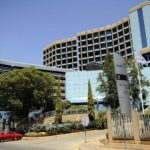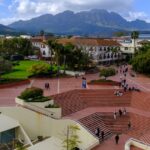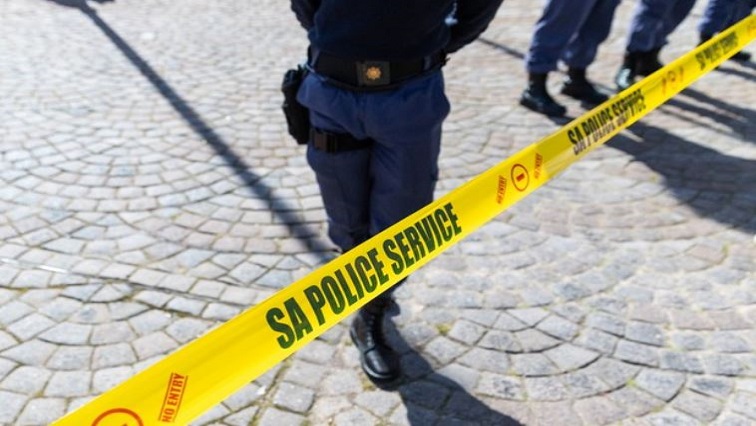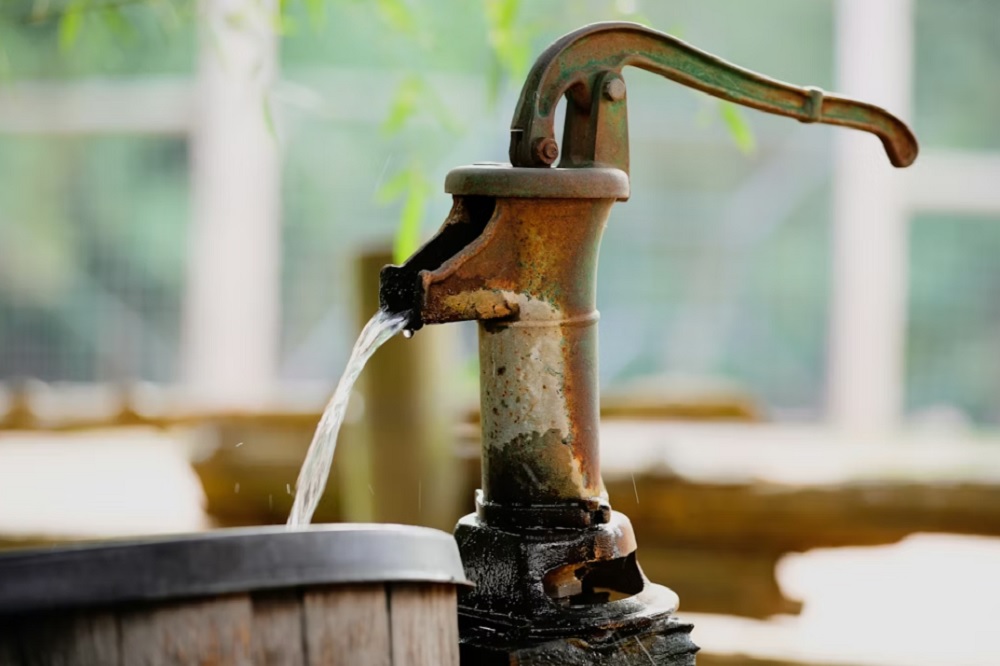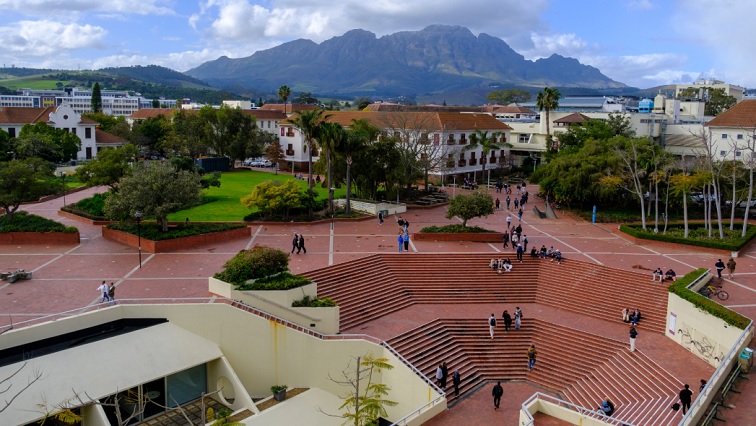-
Person with a smartphone
The Department of Communications and Digital Technologies is seeking to make smart phones affordable. It says efforts are already under way to lobby National Treasury to waver the luxury tax on some smart devices. This is part of the department’s attempts to promote access to internet and the gig economy.
The Department says 25 percent of the country’s population do not have access to broadband connectivity.
Over 23 million people are excluded from access to the internet, e-learning and participating in e-commerce. The ministry has attributed this to lack of infrastructure investments by both the private and public sector.
“We want people to have reliable high speed internet connectivity. We are also advocating for the affordability of smart devices. It is something that we are making modest progress with. We are lobbying the National Treasury to remove the luxury tax on devices below the R2 500 threshold. We are also championing the issue of digital public infrastructure,” says Communications and Digital Technologies Minister Solly Malatsi.
Meanwhile, communications regulator ICASA has called on municipalities and traditional leaders to help fast track access to land for the roll-out of communication infrastructure.
“As we talk about digital inclusivity. It is going to be important to have a policy reform. There are a number of barriers that we experience. The issue of municipal and community participation through tribal participation. Because you need to avail space for base station erection,” says ICASA Chairperson Mothibi Ramusi.
The Development Bank of Southern Africa (DBSA) remains committed to finance communication infrastructure projects, including rural and township areas.
“The biggest challenge when you go into remote areas has been about the economic viability of investing in those areas. As you know the private sector which is really at the forefront of investing in digital communications really looks for return. From a DBSA financing view, we think that we can find financing models that work,” says DBSA’s Mpho Kubelo.
South Africa still has a long way to ensure that residents in all corners of the country stay connected.



